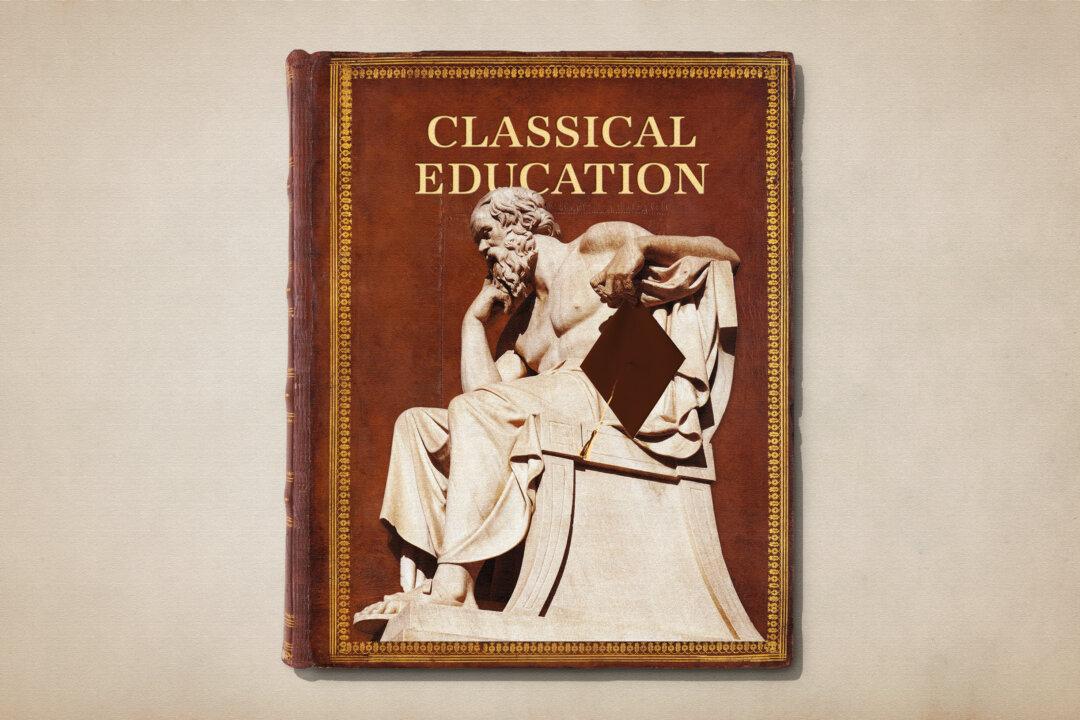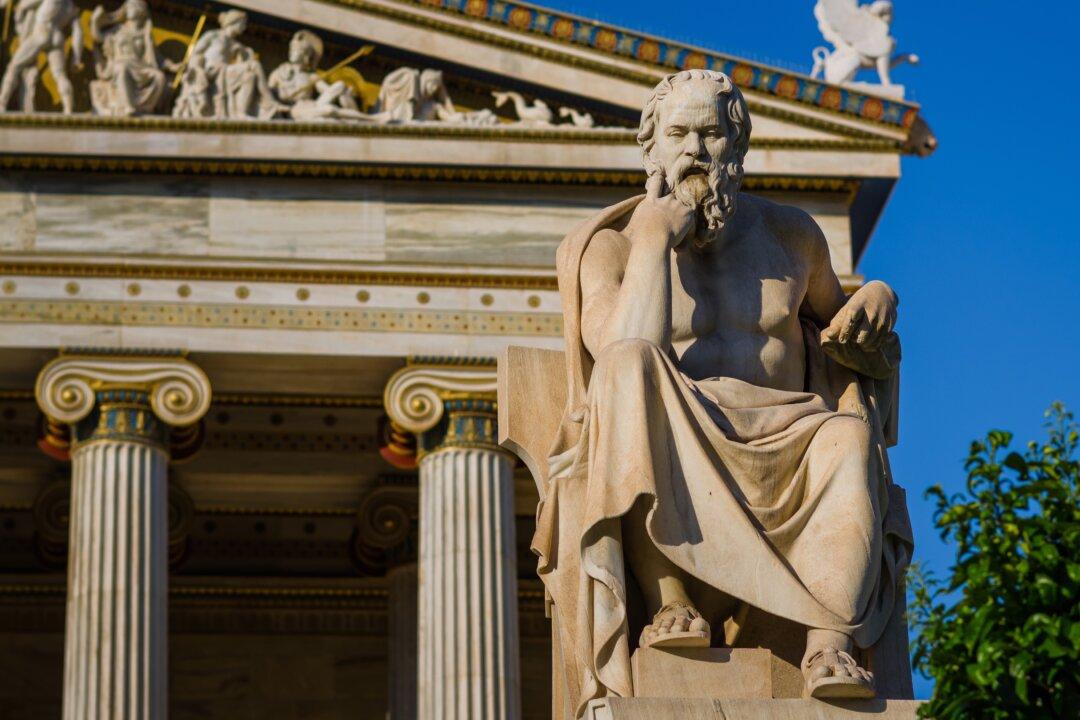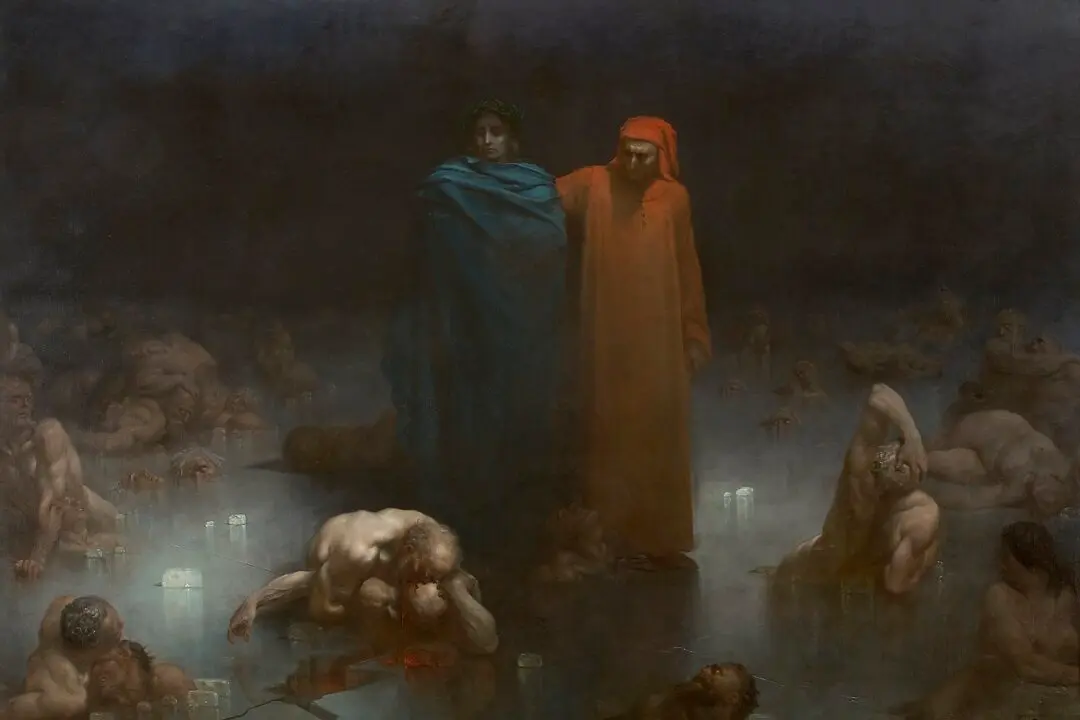Commentary
In that avant-garde hothouse of liberalism—the humanities, I mean—where progressive ideas mature until they’re ready to be implemented in law and regulation, the word “masterpiece” is unfashionable. So are genius, greatness, and civilization, at least when found in “great books” and “Western civilization.”





